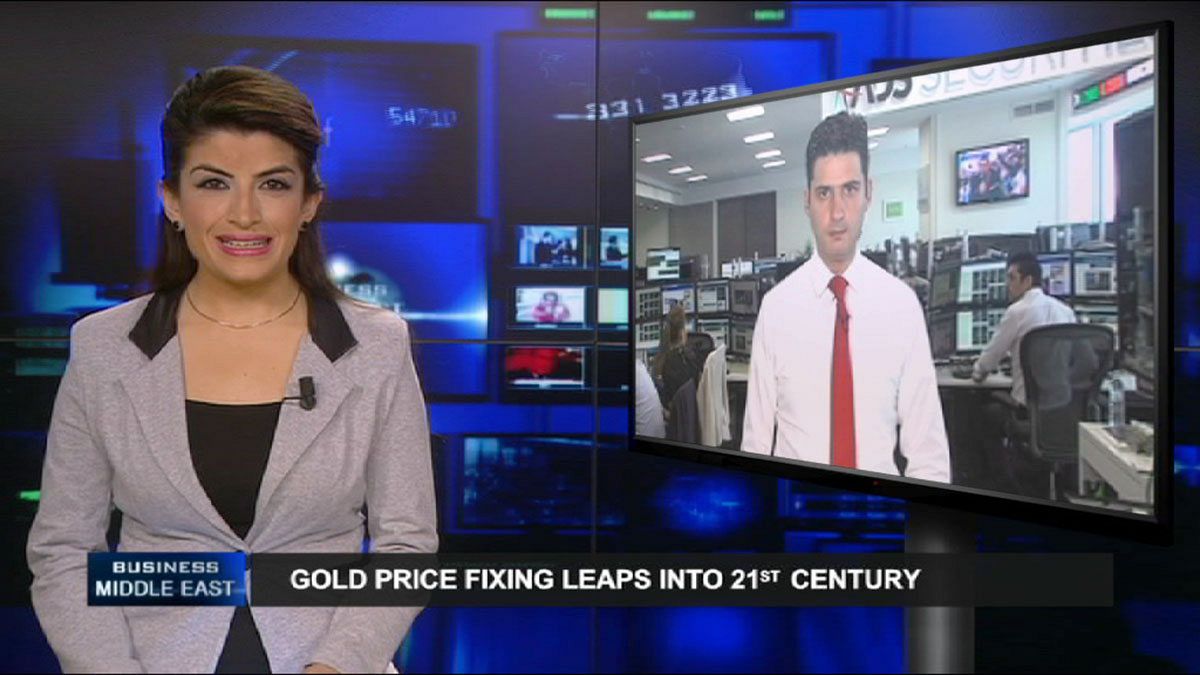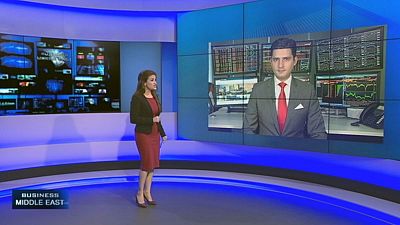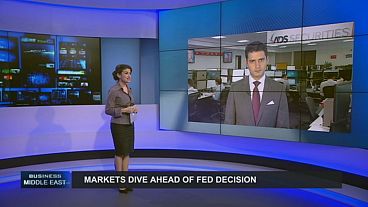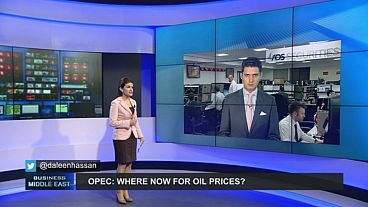A new era of gold pricing and Kuwait’s budgetary concerns are the issues in this edition of Business Middle East. Better late than never, the gold
A new era of gold pricing and Kuwait’s budgetary concerns are the issues in this edition of Business Middle East.
Better late than never, the gold market has entered the digital era, joining other precious metals in the 21st century.
Criticism of an archaic global price fixing system intensified with some claiming it lacked credibility.
Following numerous fines on international banks due to scandals of price manipulation, gold traders may now have more peace of mind with a new electronic system to manage price setting.
Modernising gold pricing
Since 1919, the gold price setting process was limited to four international banks “Barclays,
HSBC, Société Générale and Scotiabank”.
In the original process, inter-bank
representatives would set up a secure conference call each day in order to determine the price.
UBS Swiss and Goldman Sachs have now joined this list of bank representatives. The new digital system follows the same process:
Each round is 45 seconds long.
Bids and offers are displayed and updated in real-time. The difference is automatically calculated and if it stays within 20,000 troy ounces, the price is fixed.
In this new system, orders are separated between clients and the banks’ trading desks.
Euronews’ Daleen Hassan heard more about the belated revolution in gold pricing from Nour Eldeen Al Hammoury, chief market strategist at ADS securities in Abu Dhabi.
Daleen Hassan
“Is the new electronic system able to make the daily price benchmark less vulnerable to manipulation?”
Nour Al Hammoury
“We hope. Major global banks have faced many scandals related to commodities and not only gold. The banks who were predicting the price of gold to reach above 2,000 USD/oz are the same banks who are predicting now that the price will fall below 1,000 USD/oz. Despite that, the major banks remain the biggest gold buyers, according to the latest report from the world gold council. In the meantime, the new pricing might give the market some confidence, especially if its transparent and this is what we will be watching over the coming period.”
Daleen Hassan
“According to projections, China could play a key role in the new pricing system. How so?”
Nour Al Hammoury
From the start of the financial crisis until today, China has been buying a huge amount of gold, making it one of the biggest consumer and buyers of gold in the past few months. Indeed, if China joins the new pricing plan, there’ll be less manipulation; the more they increase the participants the less chance of manipulation as we’ve seen before, when price setting was done by a few banks.”
Kuwait’s oil budget blues
From yellow to black gold; Kuwait’s oil minister’s remarks raised questions of the real impact of oil price decline and the limited options for OPEC to take action.
Kuwaiti Oil Minister Ali Al Omair struck a negative tone last week when he stressed in his statement that the decline in oil prices will affect his country’s budget, but he also justified OPEC’s non-interference in production output.
“Of course we are concerned because the price of oil will affect our budget … within OPEC we don’t have any other choice than keeping the ceiling of production as it is because we don’t want to lose our share in the market,” Ali al-Omair told reporters in Kuwait city.
Omair is the first oil minister in the Gulf officially discussing the real impact of falling oil prices on budgets, in contrast to his counterparts in Saudi Arabia and the UAE.
Some 96 % of Kuwait’s public revenues are dependent on oil, Kuwait had announced at the beginning of this year an austerity budget for the next fiscal year including an almost 18 percent cut in public expenditure. This is all due to the decline in oil prices.
Daleen Hassan heard more from
Nour Al Hammoury on the developments in Kuwait
Dahleen Hassan
“Al Omair confirmed his concern about the oil price decline, but he justified OPEC’s non-interference in production output., what’s preventing OPEC taking action?”
Nour Al Hammoury
“I believe that it’s more of a political issue than economic. OPEC members could not find a solution so far. The issue is about how much they will cut and how the members will the cuts the agree on. It’s clear that they could not find a solution until today. However the minister’s comments could be a sign that they might not agree in the June meeting as well.
“Moreover, another development happened recently, which is seen as another challenge for the oil market. Iran promised to increase its oil exports by one million barrels once the sanctions are lifted, which will keep the supply higher again by another 1 million and keep downward pressure on oil, as well.”



